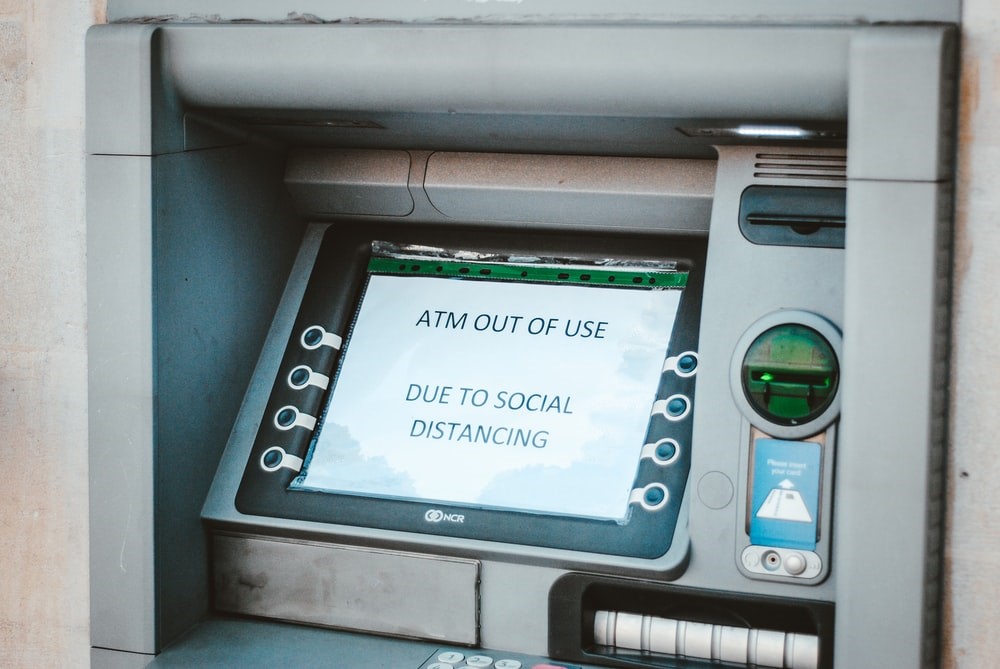Can the Middle East Bloom Into A Global FinTech Hub?
21 October 2020
Back in 2017, 30 FinTech companies in the Middle East raised
a total of $80 million. Today, it is projected that Middle Eastern FinTech companies
could reach up to $2 billion in venture capital by 2022. This huge rise in
value could easily be attributed to the ongoing Coronavirus pandemic which
subsequently led to the world diving deeper into the digital ecosystem,
benefitting from its virtual advantages and avoiding physical interaction to
curb the impact of COVID-19.
With FinTech products and services seeing a tremendous
increase in growth around the world, the Middle East is no exception; the
region is seeing huge adoption rates due to relying on digital platforms for
basically all aspects of life including work, education, entertainment, and
general communication as a result of the global crisis. Add to that a young
tech-savvy population, international educational standards, a hunger for
innovation, and notable venture capital funding, and you get the full recipe for
the Middle East to become the next big FinTech hub and establish itself on the
international stage.
Powered by its youth where 2 out of every 3 people are under
24, the MENA region boasts around 300 million young people that are expected to
make a significant impact on the region, elevating its economy to new heights
through innovative FinTech applications empowered by a hunger to adopt new and
emerging tech trends to facilitate their lives.
With more than 250 FinTech startups expected to emerge in
2020, the Middle East’s young digital natives are the fuel that should propel
the region into international stardom. Mobile industry insights platform GSMA
Intelligence stated that unique mobile subscribers are expected to increase
from 275 million in 2017 to 459 million by 2025, as well as an increase in
smartphone connections from 49% to 74% during the same period. Furthermore, research
conducted by The Milken Institute Centre for Financial Markets reported that
the Middle Eastern FinTech sector has an annual compounded growth rate of 30%,
largely due to the rising popularity of FinTech applications and general technological
platforms in the promising MENA region. Considering that the current average
deal size is at $2.5 million, with the UAE being responsible for 47% of all
FinTech deals in 2019, all these numbers are indicative of seeing a huge boost
in FinTech applications (and startups) adoption rates across the Middle East in
the near future.
Looking at individual countries and their contributions to
the region, we see leading nations like the United Arab Emirates and Saudi
Arabia receive significant support from their respective governments in order
to develop their FinTech sectors. Dubai has quickly become the leading FinTech
hub through the incorporation of the Dubai International Financial Centre that
established a fund of $100 million in 2017 in support of FinTech startups in
the country, whereas the Saudi Arabian Monetary Association launched a similar
initiative called Fintech Saudi aimed at developing and growing FinTech
companies in Saudi Arabia, as well as encouraging them to join incubator and
accelerator programs such as the sandbox to test out their services.
In further efforts to boost FinTech innovation, both
countries have created facilities to attract global talent that can help them
achieve their objectives, such as visa system expansion schemes to make it
easier for foreigners to stay in the countries, and the Tomorrow 2021 vision established
in Abu Dhabi in 2018 that focused on attracting global talent to grow their
domestic market. By bringing together their youthful local population and
striking international talent, Middle Eastern countries are poised to elevate
their role in the FinTech world and attain the global position they seek.
As the world keeps on adapting to the uncertainty of the
COVID-19 crisis, technology is at the core of this adaption and most changes
are occurring in favor of it. The Middle East is presented with a great
opportunity to become an international FinTech hub, empowered by its young and
innovation-hungry population, its significant VC funding and investment
environment, and its various initiatives to attract the right foreign talent
through the support of their governments. With predictions stating that the
FinTech market in the MENA region is set to reach $2.5 billion by 2022, the
Middle East is on the way to becoming a remarkable source of outstanding
FinTech products and services in the near future.
related articles

Financial Health is What FinTech Should Be Empowering

Setting Digital Banking Transformation Priorities During a Pandemic

The Challenges that FinTech Startups in Emerging Markets need to consider

Four FinTech Elements Affecting the Retail Banking Ecosystem

The Impact of IoT on FinTech & Banking

Shifting from Disruption to Innovation through FinTech Partnerships in COVID19 pandemic.

Going Cashless is the new way to go in a Post-Coronavirus Future

Relevance of Scheduling Apps for Bank Appointments is Skyrocketing

How is Banking Changing with COVID-19?

Customer Service Transformation has become a must in a Digital World

The Opportunities and Threats of FinTech during COVID-19

The Impact of Coronavirus on the Financial Sector

FinTech’s Critical Role in the Battle Against the Coronavirus

How many digital Middle Eastern companies have unlocked their full innovative potential?

Top Five MENA Venture Capital Investments in Q3 2019

The Flourishing of FinTech in the Middle East

FinX Awards 2019 Nominations Open For Submission

Saudi Arabia Allows Two Firms To Test Robo-Advisory Services

Bridging the credit gap through crowdfunding

PayFort receives ‘Most Innovative Online Payment Service Provider’ award for the second time


 0
0
 6.1k
6.1k 



Comments